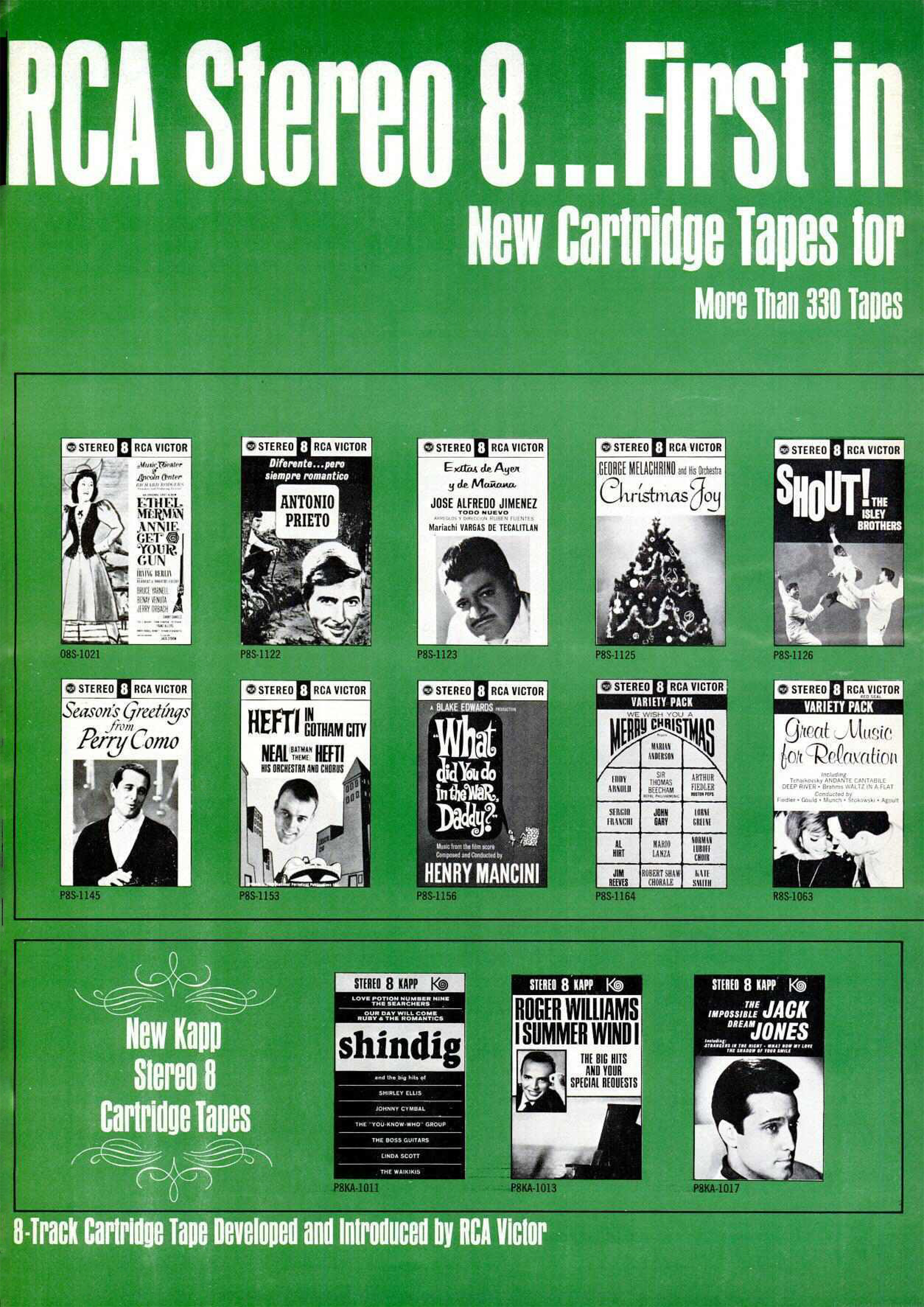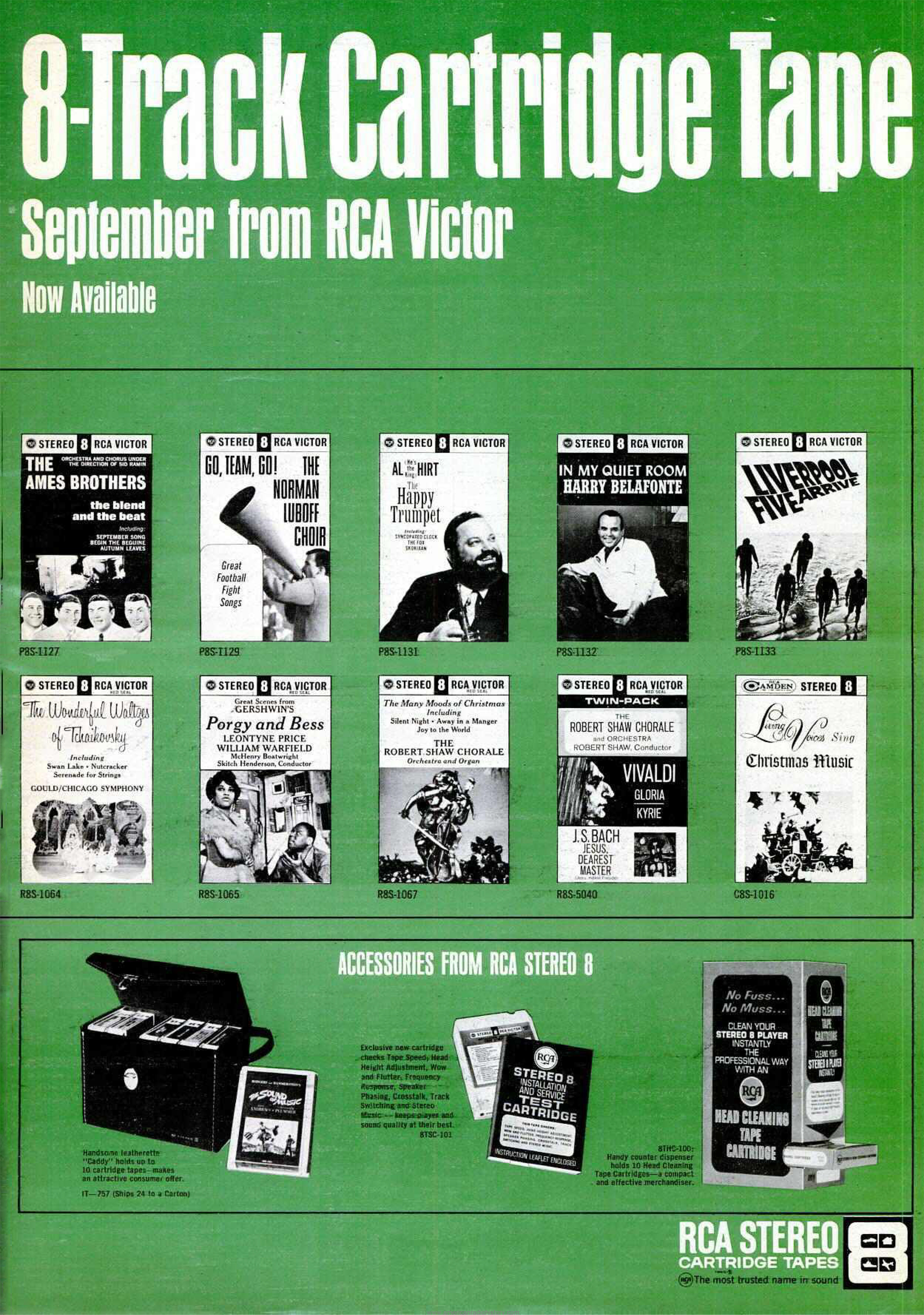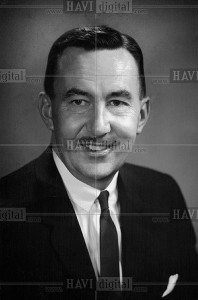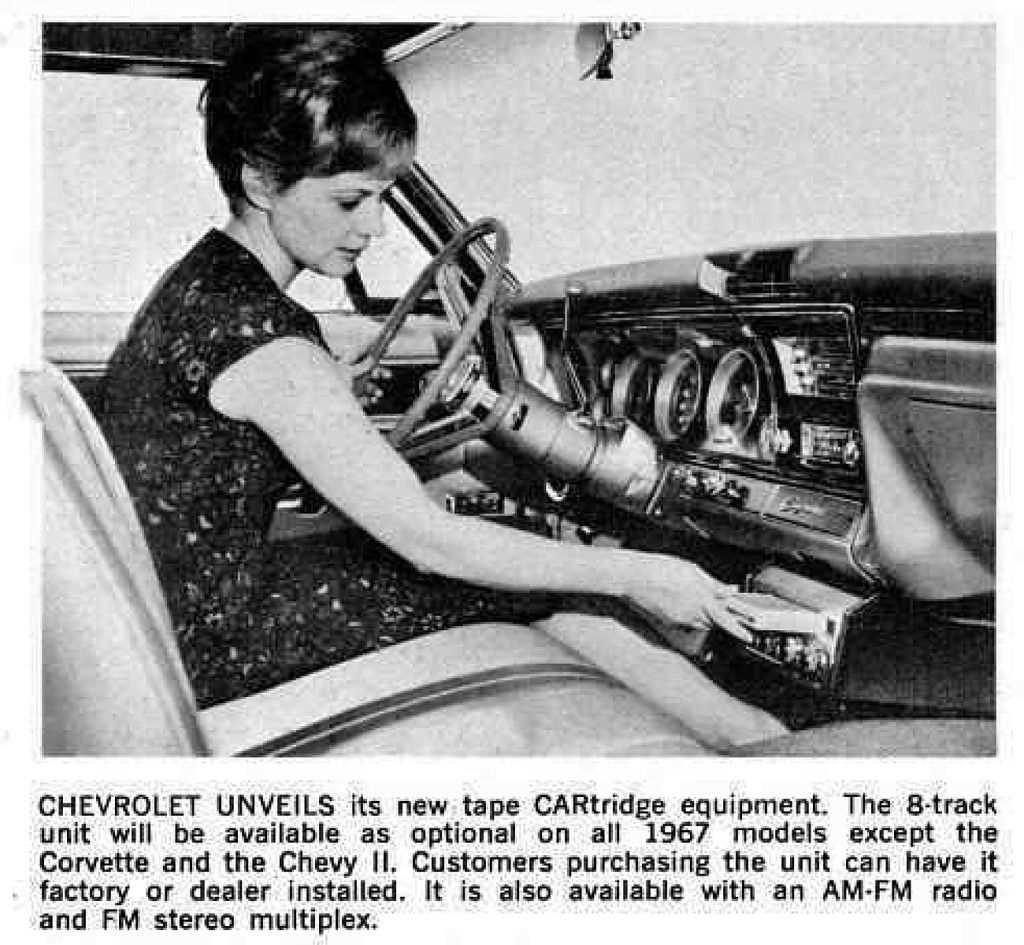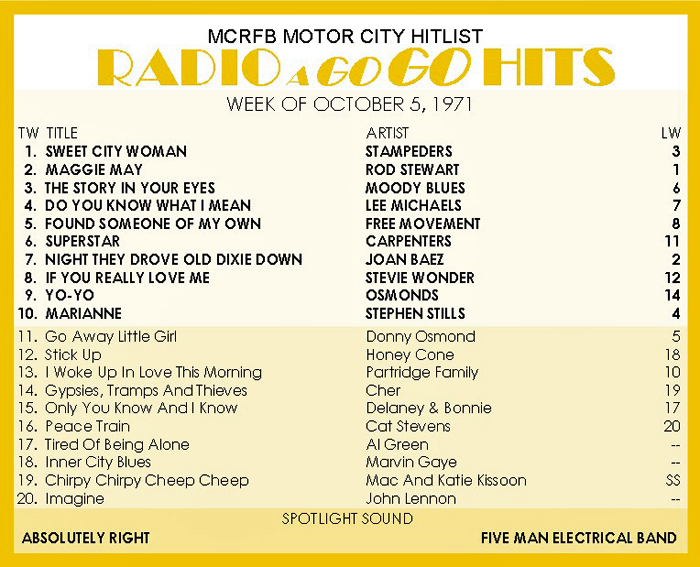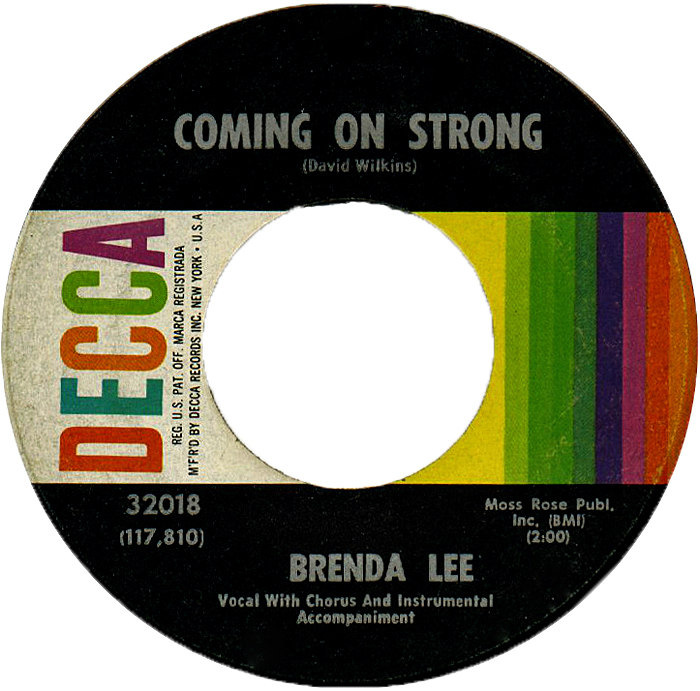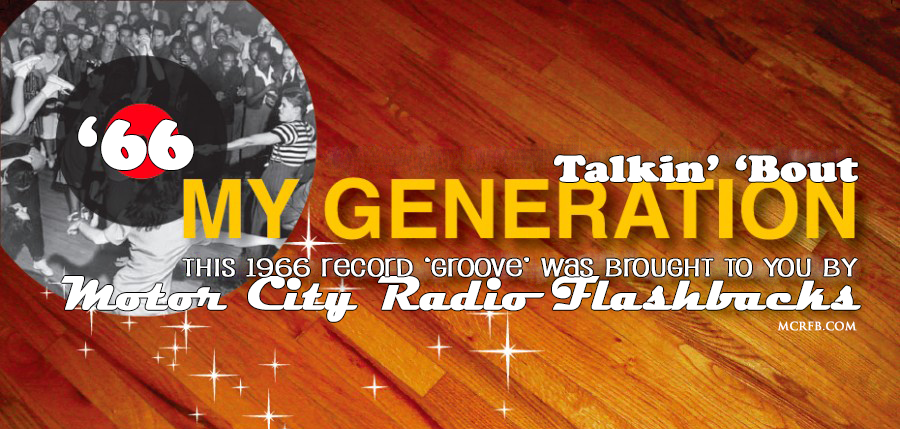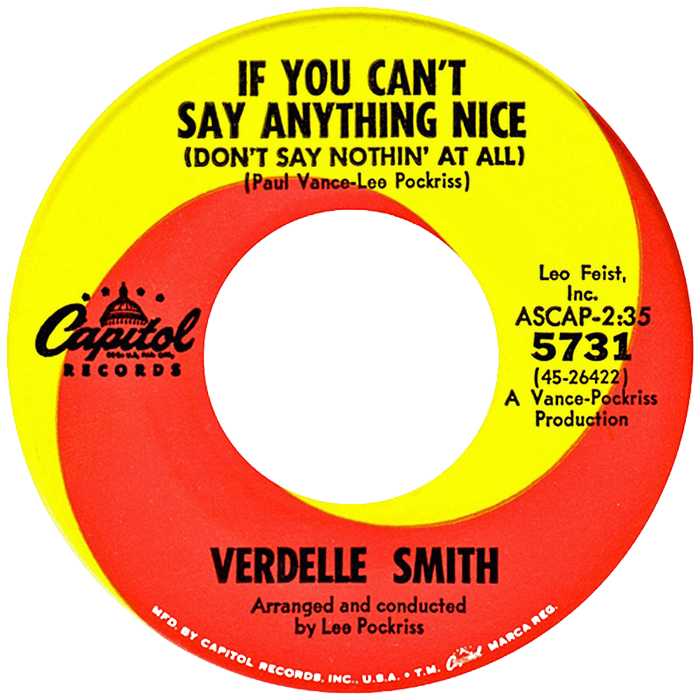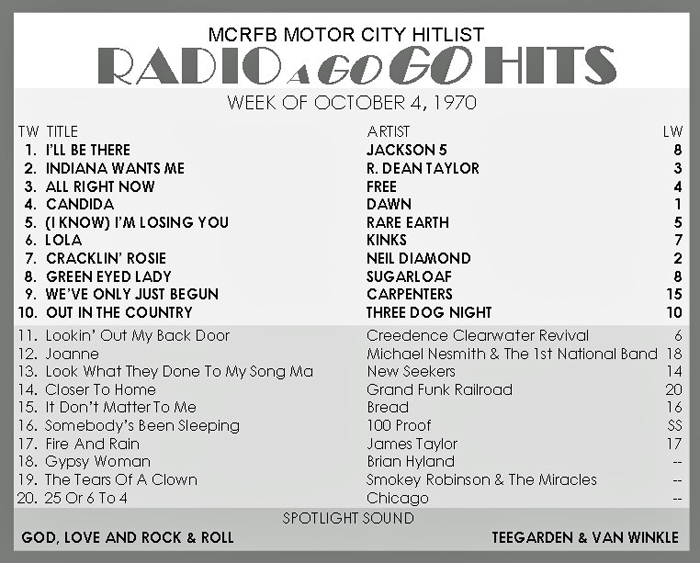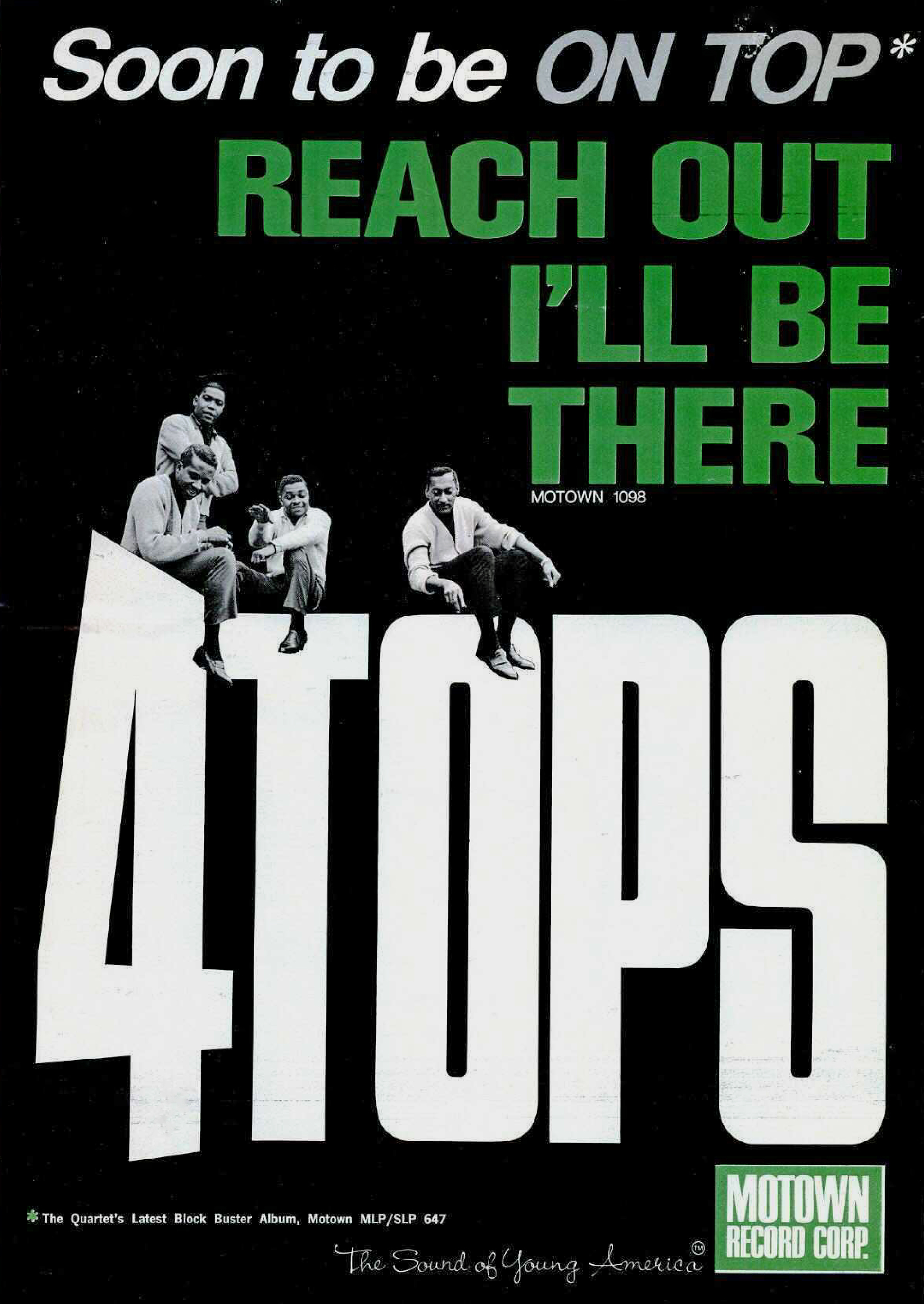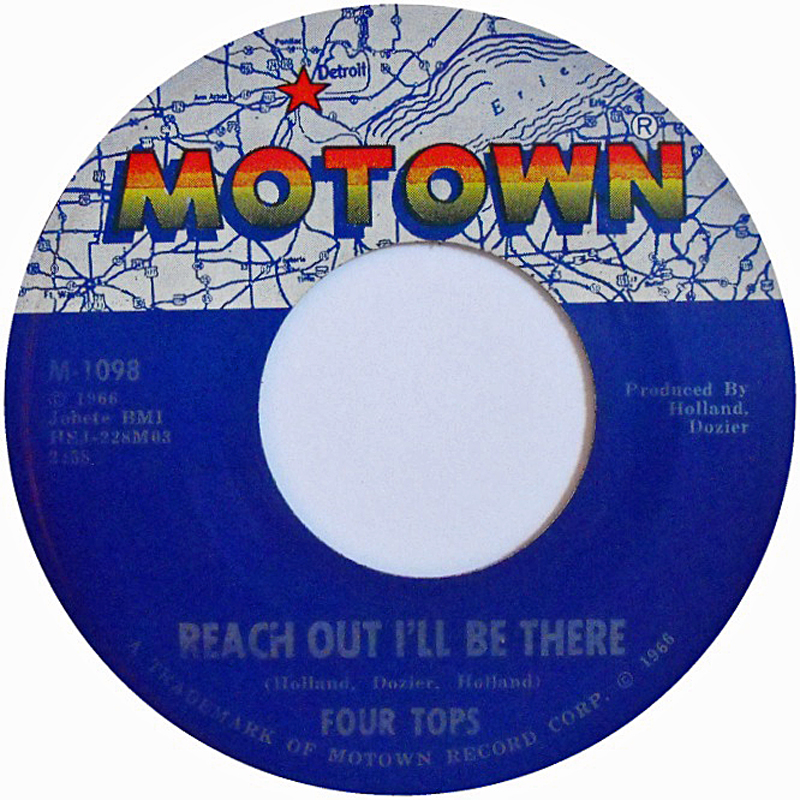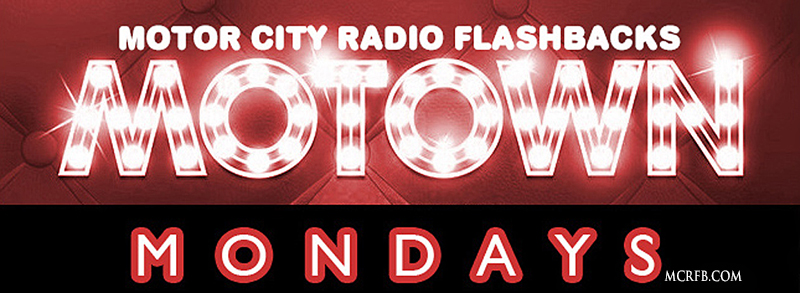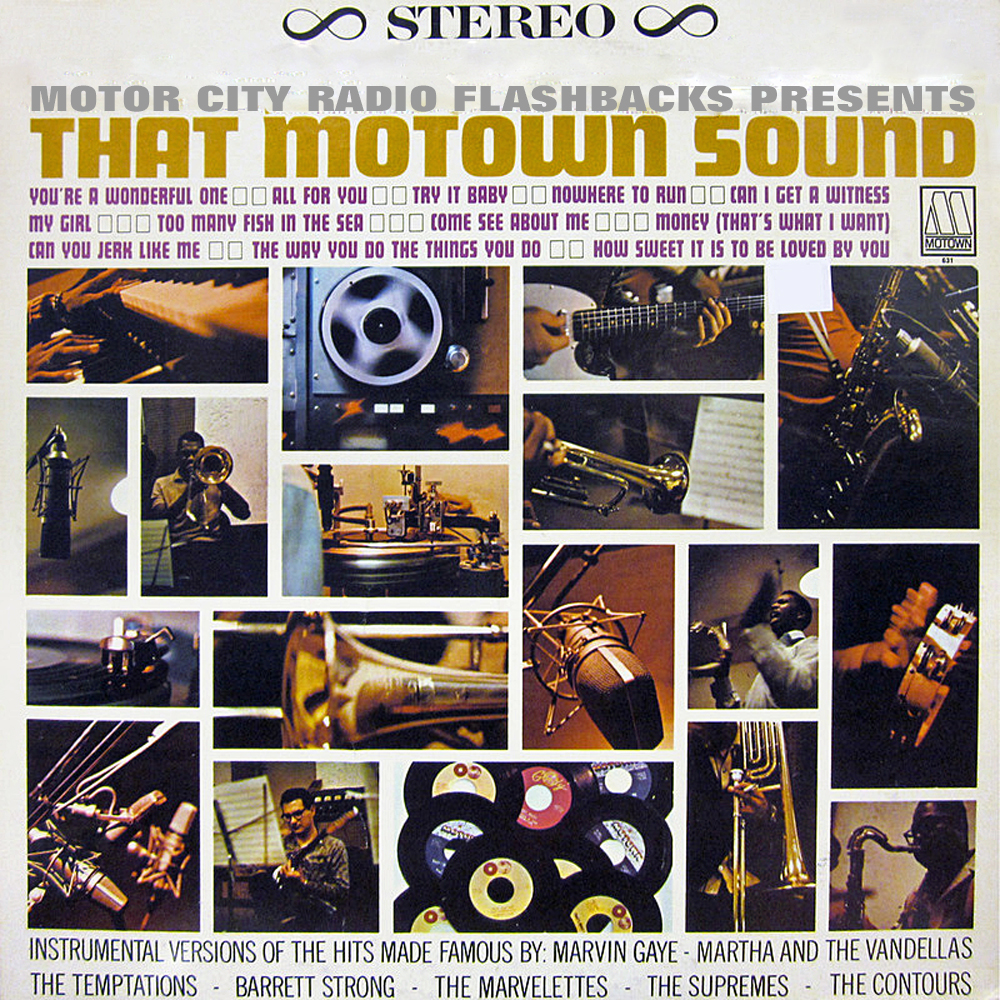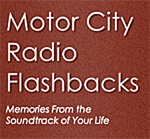 From the MCRFB NEWS archive: 1966
From the MCRFB NEWS archive: 1966
Ford First in Marketing 8-Track Players for All Ford Vehicles, ’66
CHICAGO — There wasn’t a cartridge system that engineers had confidence in until 8-track was developed, stated Harold Sperlich, advance program and component planning manager for Ford, at the Billboard Cartridge Conference here last week. Sperlich offered some insight into the manufacturers’ historic decision to break with the 8-track instead of utilizing the already existing Fidelipac concept.
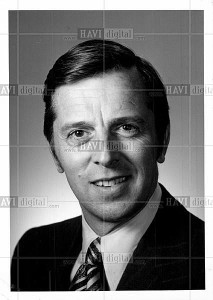
Sperlich spoke at a Tuesday (August 30) session in which he painted a glistening picture for auto -installed playback units.
Ford’s decision to become one fourth of the Lear-Motorola -RCA Victor party heralding the creating of a new, untested playback system, was based on the approval of Ford’s engineers and the engineering opinions of these other companies.
Ford decided to act on the “sum knowledge” which theorized that 8-track would have the most success in the auto and because collective minds felt that system would survive. “We couldn’t know for sure that 8 would survive,” Sperlich
said, “but the collective judgment said 8-track was superior.”
Sperlich said “It was the collective information” which spurred Ford’s decision to run with 8-track.
There was a period for four to six months, Sperlich said, about one year before the unit went into production, in which the “conference table was full of pros and cons,” with representatives from Lear, Muntz, Motorola and the music companies all offering their thoughts on the new industry.
Ford had been eyeing tape playback as an accessory item for “many years,” Sperlich said. The 4-track system had validity, the executive admitted, and Earl Muntz “had done a great job,” but Ford didn’t feel 4 was as good as 8.
Product planner John Nevin (recently promoted to another division) was as close to being the company’s decider to go with 8-track as any one individual could be in the huge organization. Ford’s initial interest was in the cartridge and player; the music business involvement through RCA came later.
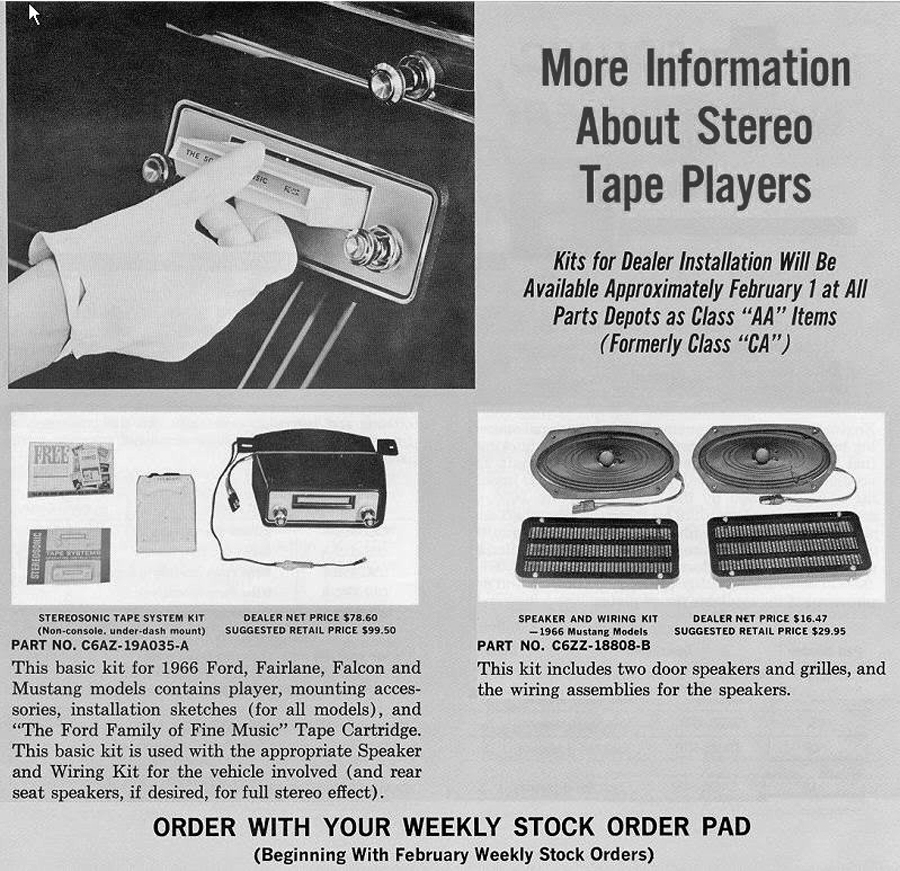
There had been problems the first year with the system, Sperlich admitted, but the company expected that. Technological improvements in 1967 models would eliminate deficiencies, he said.
Asked if Ford was aware of comment arising from the West Coast – principally from Muntz – that 8-track system was troublesome, Sperlich replied Dearborn was cognizant of Muntz’s remarks. The California duplicator had attempted on several occasions to interest Detroit in his 4-track system. END
(Information and news source: Billboard; September 10, 1966)
![]()


